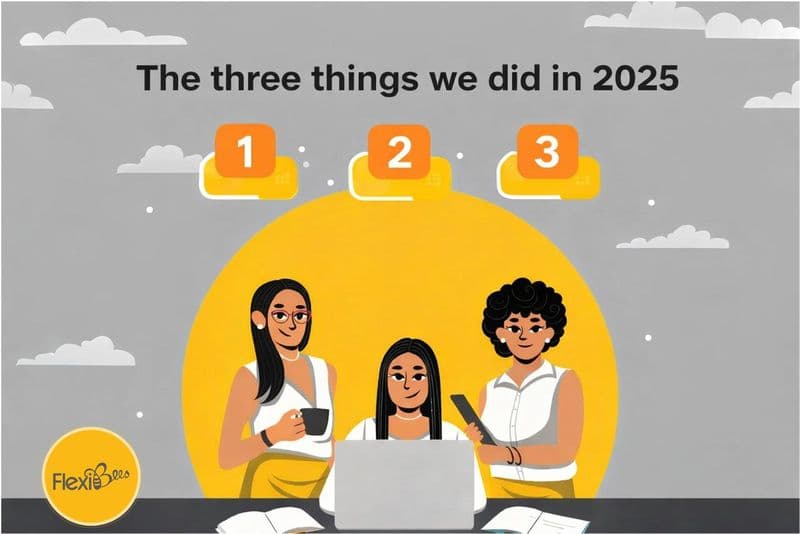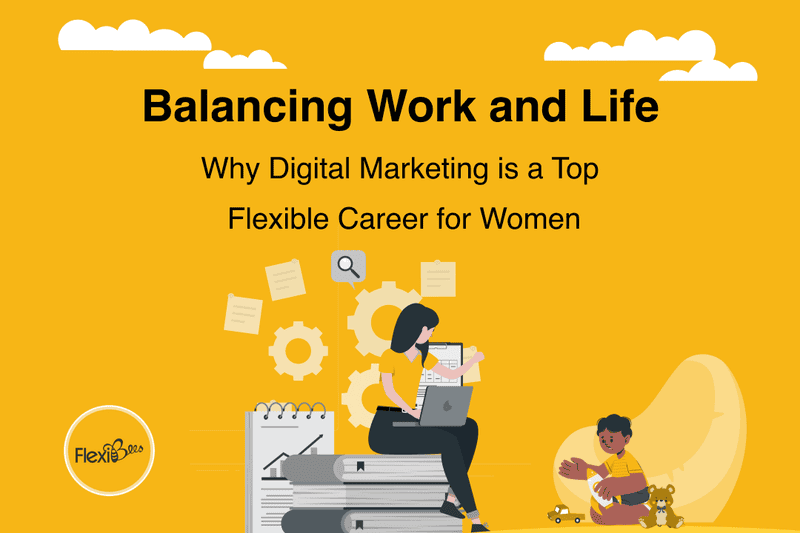The workplace as we know it has changed drastically over the last three years since the onset of the COVID-19 pandemic. The markets have become mercurial, employees are demanding flexibility and options to work remotely, and organizations are cutting costs. The ongoing geopolitical disruptions and economic swings add more to the current situation.

But if we have learnt anything from these disruptions, it is that nothing is static and we all need to be prepared to build and run agile teams.
As the new year begins, we wanted to throw some light on the new trends of hiring and retention of talent.
So here goes:
Remote and Hybrid Working

Remote and hybrid working is no longer just a passing trend but a benefit that today’s employees are prioritizing, even over monetary gains. A recent survey by global real estate firm CBRE South Asia, suggests that a whopping majority of 73% of the companies in India are considering hybrid working arrangements to satisfy employees who want to retain the work-life balance that WFH (work from home) has offered. The new post-pandemic normal looks set to be three days a week in office.
This is the new normal.
Companies like Wipro offices in India and TCS say they will be open on Monday, Tuesdays, Thursdays and Fridays and employees can choose three days out of these. Infosys and HCL Tech are also opting for hybrid models of working.
According to The Great X Report by Michael Page, 68% of the respondents said that they preferred hybrid working.
What it means for you: If you have switched back to full-time in-office staff, it is time to consider hybrid work environments where employees can choose where they work from home on a few days a week. Providing employees to work from anywhere, expands your talent pool and gives you better opportunities to hire the best talent available.
Flexible Working Hours

While remote and hybrid work environments were setting the tone for the future of work, employees today demand more than that: Flexibility.
According to a recent study, 73% of employees said that flexible work arrangements improved their job satisfaction, 78% of employees said flexible work arrangements made them more productive, and 77% of employees consider flexible work arrangements a major consideration when evaluating future job opportunities.
The UK had piloted a 4-day week trial with more than 70 companies, across banking, hospitality, care, and animation studios, participating in it.
According to the Guardian, in recent news, 100 companies have made this a permanent policy! This is a defining milestone in the 4-day workweek campaign to fundamentally change Britain’s approach to work.
Guardian reports that 88% of those companies in a survey at the middle of the trial said the four-day week was working “well” for their business at that stage of the trial. About 95% of the companies surveyed said productivity had either stayed the same or improved since the introduction.
While this was true only for knowledge workers and desk jobbers, we see a trend in frontline employees asking for different forms of flexibility that can provide them with some benefits of remote and hybrid work.
According to a recent Gartner survey, frontline employees could look for Control over their work schedule, Paid leave and Stability in their work schedule to incorporate flexibility in their work environment. Additionally, they could also want a say in what they work on, who they work with and the amount they work to add more flexibility.
What this means for you: See how you can incorporate flexibility into your employee work days and policies. If the 4-day work week is not a feasible option, then opt for shorter work hours, compensation offs after stressful work periods, and no-calls during weekends and downtime.
Focus on Employee Well-Being

The pandemic has shifted the focus for individuals and there is a clear prioritization on mental health and work-life balance.
According to Indeed research, 90% of people believe that how we feel at work matters, yet only 49% feel their organization is focused on measuring and improving well-being.
According to The Great X Report by Michael Page, 61% of candidates in India surveyed said they would sacrifice money for more happiness, better well-being, and work-life balance – and this was consistent across all generations, gender, sexual orientation and industries.
Employees want to be seen as a whole and want intangible benefits like health, greater flexibility, increased paid leaves, and a positive work environment. This could mean providing proactive downtime as time offs after peak-activity periods, no meetings- Fridays, and so on, offering counseling sessions as a part of the health benefits and frequent check-ins by managers.
What does it mean for you: Offer employees counseling sessions if possible, else opt for adding mental health to their health benefits. You can also be more hands-on and check-in with your teams regularly to ensure their overall well-being.
Unconventional Talent Pools

With the Great Resignation just behind us, there is a waging war to hire and retain top talent. The traditional platforms and methods may not work in the new future of work as employees are seeking and prioritizing different things than ever before.
Organizations have always valued diverse teams but now it is time to truly live up to that value and create diverse and unconventional talent pipelines.
Today’s employees are venturing into newer domains to create alternate career paths. According to a study by Gartner, 56% of candidates report applying for jobs outside their current area of expertise.
This means the way organizations hire needs to change - with a strong emphasis on performance and not prior experience or credentials.
What does it mean for you: Look at unconventional platforms and talent pools to hire potential candidates. This could mean students on the brink of finishing school, top talent in tier two and tier three towns, ex-employees, etc.
And this is what we do best at FlexiBees.
Help you hire right.
FlexiBees has a large pool of 50K+ experienced and qualified professionals, from an untapped unconventional talent pool: Women returning to work after a career break and choosing to work remotely, flexibly.
Click here to read some of the candidates we successfully placed in the recent past.
And if you are convinced and want to explore the option of hiring flexible candidates via FlexiBees, click here to drop us a line.



